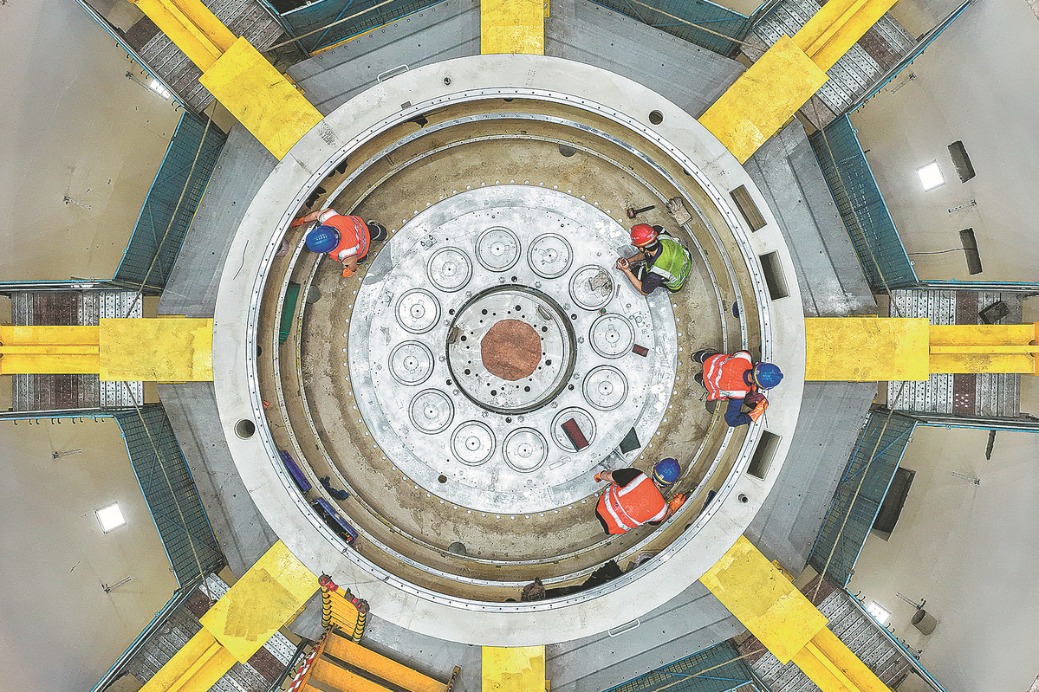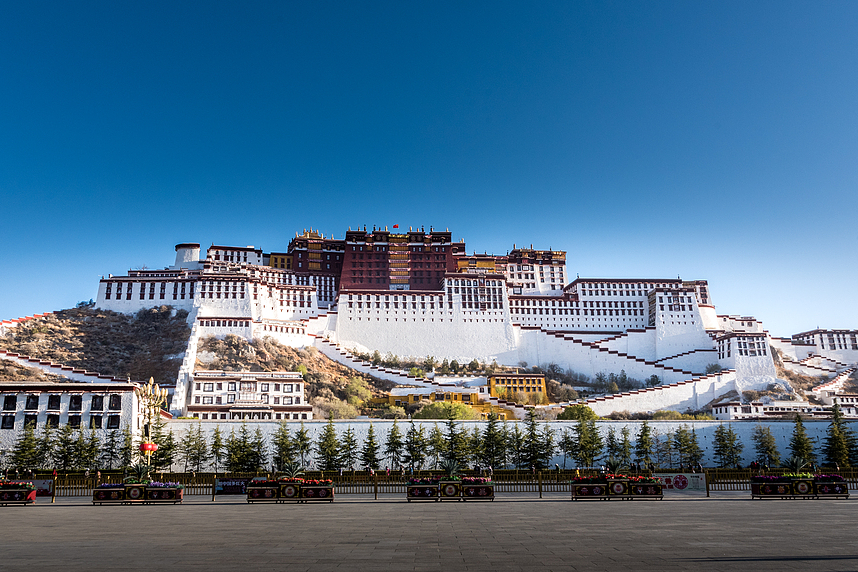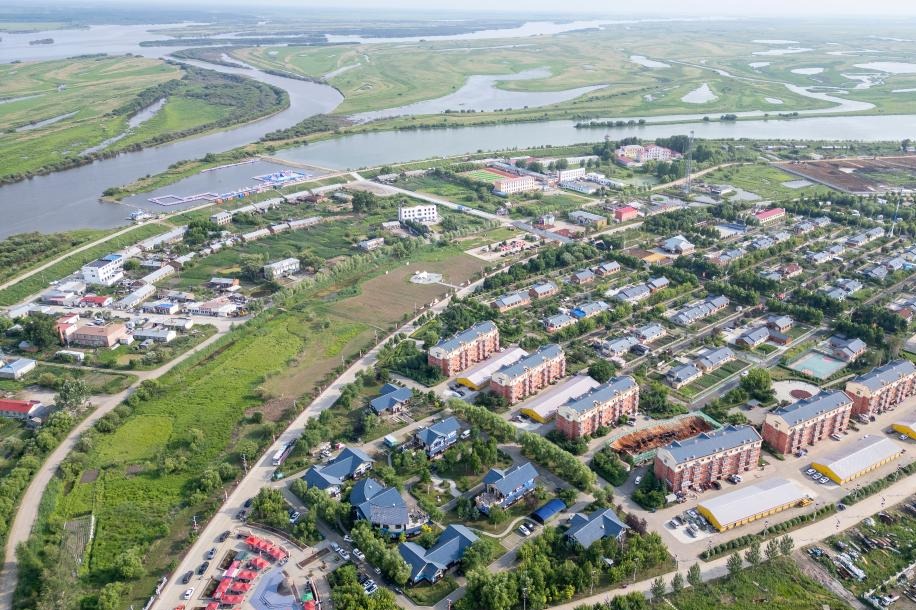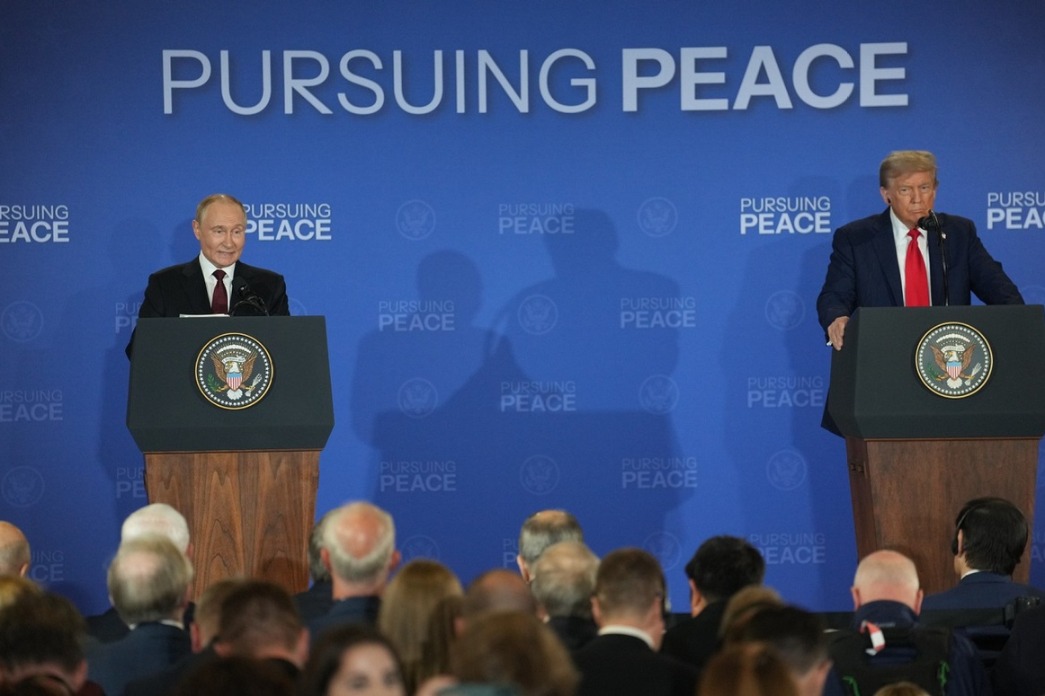Party centenary inspires HKSAR to aim higher


President Xi Jinping, who is also general secretary of the Communist Party of China Central Committee, delivered a speech at the grand ceremony marking the 100th anniversary of the CPC in Beijing on July 1, which has greatly inspired and galvanized the Chinese nation. The core aspiration of the speech can be summed up as the CPC leads the Chinese people toward achieving the great rejuvenation of the Chinese nation by overcoming the obstacles in its way. It has also laid out the course of development for the Hong Kong Special Administrative Region that people in all walks of life should learn by heart while thinking thoroughly about how we should progress accordingly.
“One country, two systems” is a great invention of the CPC and a dazzling highlight of the “China model” in pursuing national reunification. The unprecedented system arrangement not only has ensured Hong Kong residents’ lifestyle will remain unchanged after China resumed the exercise of sovereignty over the city 24 years ago, but it also has allowed local residents to enjoy individual rights they did not have under British rule and maintained the city’s long-term prosperity and stability as an inalienable part of the People’s Republic of China. No other ruling party in the world has the heart and mind to let two different social systems exist in one country as the CPC does. “One country, two systems” has proved to be a viable solution to divisive contradictions between two starkly different social systems for the common good of the whole nation. It is safe to say that without the CPC, there would have been no such thing as “one country, two systems”.
The practice of “one country, two systems” has experienced some serious challenges in the past few years, but this by no means suggests the innovative system arrangement is unworkable. Instead, the challenges only revealed Hong Kong’s inadequacy in constructing a governance system suited to its constitutional status under “one country, two systems”. It is also evidence that Hong Kong society does not understand or even misunderstands the CPC and “one country, two systems”; some residents even attempted to separate Hong Kong from the Chinese mainland out of fear of the CPC and obstructed the smooth implementation of “one country, two systems”. The truth is, the CPC is the strongest defender when it comes to protecting the well-being and basic interest of 7.5 million Hong Kong residents, and any attempts to overthrow the CPC will inevitably harm Hong Kong society as well as “one country, two systems”.
The original aspiration of the CPC is to serve the best interest of the people, which is why all policies it makes are ultimately all for the people, and politicians in Hong Kong should make it their career mission, too.
Hong Kong society has long believed in capitalism and abided by the doctrine of “big market, small government”, under which the government is responsible only for making basic policies designated to pick up after market failures, while civil servants are required to adopt political neutrality and always “work by the book”. This doctrine did help Hong Kong become an “Asian tiger” whose economy took off in the 1960s through 1970s. However, socioeconomic development is prone to influence by the changing times and global situations as well as a society’s own evolution. As General Secretary Xi reminded us repeatedly, the world is in the midst of major changes unseen in 100 years, which is why the nation’s 14th Five-Year Plan (2021-25) pursues a “dual circulation” development pattern. As for Hong Kong, when the ill effects of the “black revolution” in June 2019 through June 2020 are under control, the city also needs to meet new challenges with a fresh mind and action plan.
To ensure the accurate and consistent exercise of “one country, two systems”, Hong Kong society as well the SAR government must correctly understand the new situation.
First, although the National Security Law for Hong Kong has helped in restoring stability and order in Hong Kong, threats to the safety of residents remain, as shown by the lone-wolf domestic terrorist attack on a police officer on the night of July 1, a day after the city marked the first anniversary of the National Security Law, followed by cases involving suspected domestic terrorist plots and dangerous materials for making explosive devices. It is safe to assume that Sinophobic Western powers will step up their attempts to obstruct China’s peaceful development, and Hong Kong will be exploited as a tool to that end because of decades-long anti-China mental conditioning at most local schools and universities. In the foreseeable future, Hong Kong society must be prepared for sociopolitical disruptions by hostile forces using any and every controversy to fuel popular discontent, not to mention the deep-rooted structural problems created under British rule and new ones caused by Western powers and their proxies in Hong Kong. They will stop at nothing to derail “one country, two systems” and China’s development, no matter how much Hong Kong society suffers as a result. That is why all members of the public must join hands in defeating such evil enterprises and helping the SAR government and especially the police to safeguard national security. Otherwise, Hong Kong’s long-term prosperity and stability will be in jeopardy, and everyone will be victimized.
What’s more, the new situation requires those involved in governance and policymaking to adjust their thinking accordingly. The executive and legislative branches of the government and the judiciary have long been kept from positive coordination. Even positive coordination in the best interest of the public has been hampered frequently in the name of capitalism, a historical burden put on the city under British rule. It has only worsened since the opposition camp in the Legislative Council started abusing its power by filibustering government funding bills aimed at improving the well-being of the people. The motive behind such abusive behavior was to provoke popular discontent toward the SAR government as well as the central authorities by overpoliticization. Meanwhile, in order to win elections, political parties have resorted to populist tactics to win more votes rather than focusing on policies designed to address deep-rooted problems. Such a political environment is not constructive to social development, nor can it resolve the deep-seated contradictions in Hong Kong.
Now that the National People’s Congress has paved the way for the HKSAR to return to the original principle of “governance by patriots” with the decision to improve the electoral system of the HKSAR, arbitrary filibustering is expected to diminish in LegCo. As a result, the relationship between the executive and legislative branches of the SAR government will improve, but public attention will inevitably turn to how well the SAR government coordinates and cooperates with the pro-establishment parties and groups in resolving profound social issues and improving people’s livelihoods. The SAR government must change its traditional bureaucratic mindset and work style to better serve the people by listening to them and figuring out ways to help solving their problems effectively. The patriotic political parties and groups, in the meantime, are obligated to reposition themselves with a clear vision and firm commitment to serving the best interest of Hong Kong society, as well as ensure sincere and efficient coordination and cooperation with the SAR government according to the “one country, two systems” principle.
The author is a member of the National People’s Congress Standing Committee and secretary-general of the Hong Kong Coalition.
This is a translation of the author’s article in Chinese. The views do not necessarily reflect those of China Daily.

































